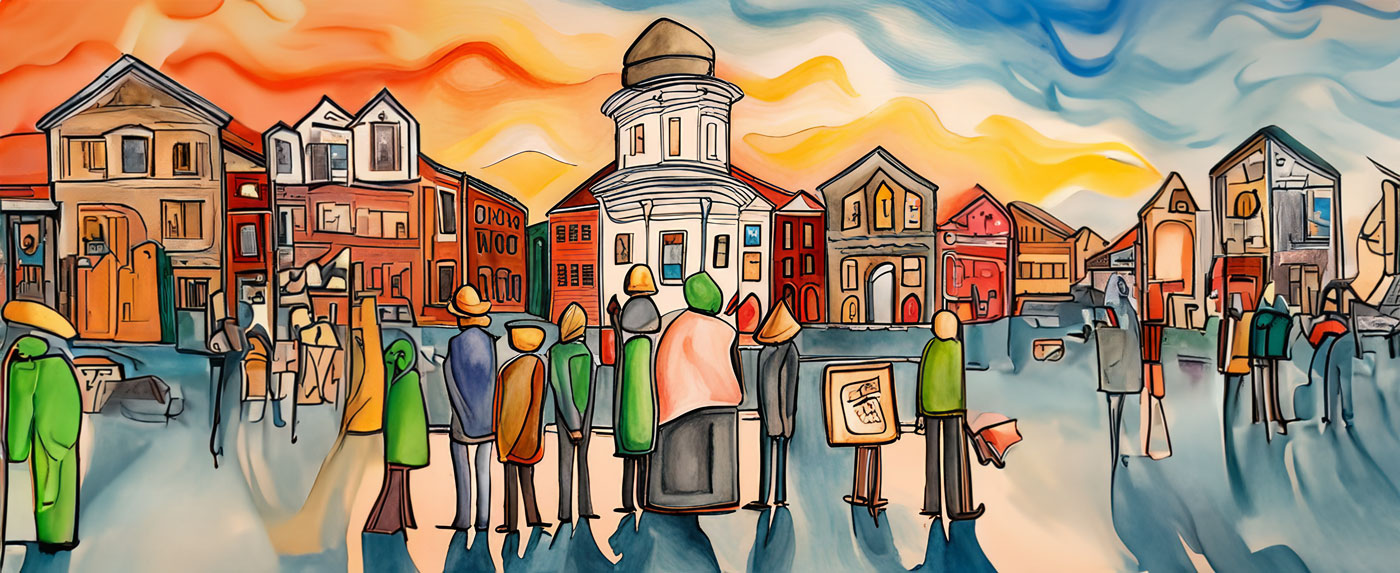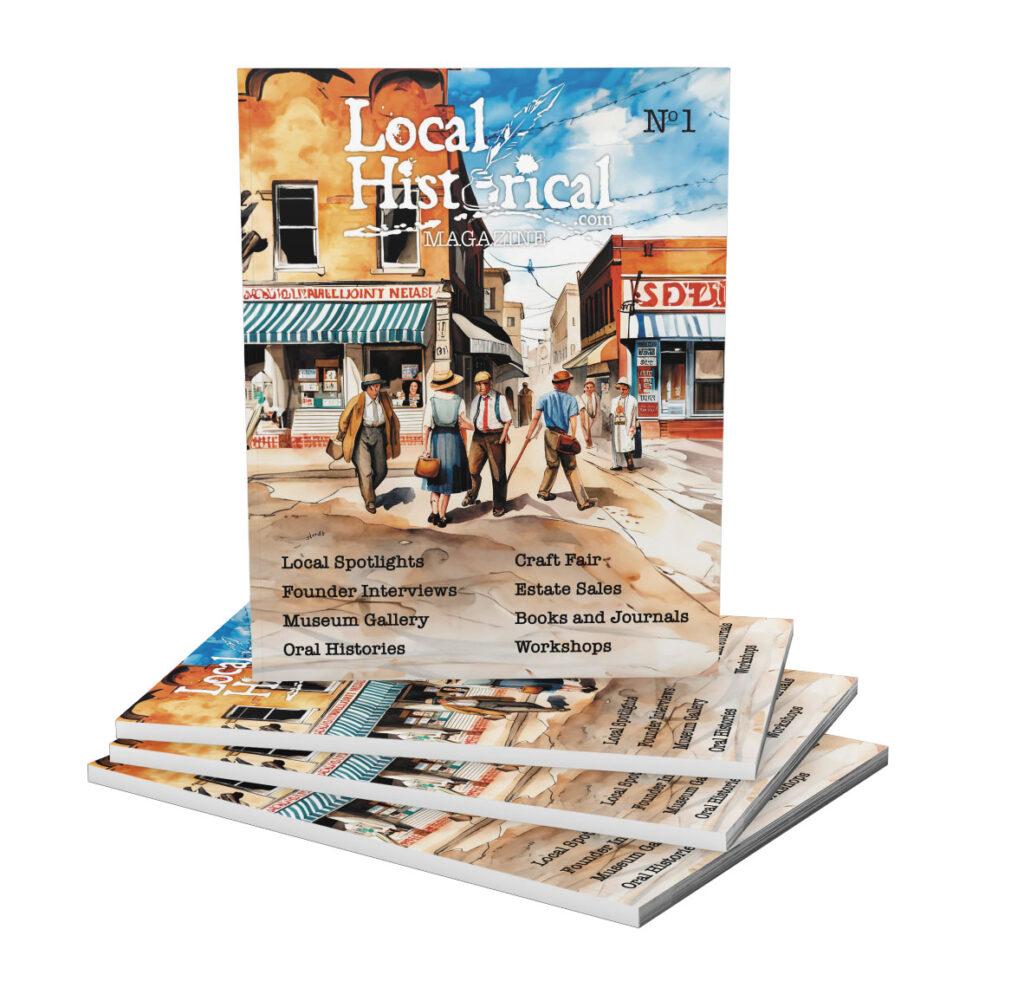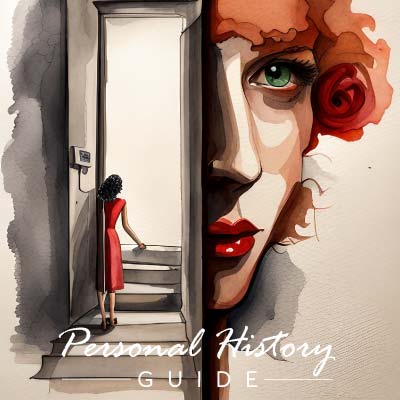History has a unique power to connect us with the past and shape our understanding of the present. For students, diving into local history offers a gateway to discover the rich tapestry of their own surroundings and communities. By exploring historical landmarks, events, and the lives of notable individuals, students can become their own historians, unearthing untold stories and recognizing the significance of their own heritage.
One such place that serves as a catalyst for this exploration is Eatonville, Washington. As one of several historically black towns and spaces, Eatonville stands as a testament to resilience and community. Encouraging students to delve into the history of Eatonville can serve as a stepping stone to learning about other historical places, both near and far.
By studying local history, students can uncover hidden narratives and gain a deeper appreciation for the communities they call home. They may discover other historical sites within their own county or state, shedding light on events and people that have shaped society. It’s an opportunity to explore the places that have been erased or ignored, allowing students to piece together a multifaceted narrative of the past.
Engaging with local history also invites students to embrace the nuances and complexities of storytelling. History is not always a neat, linear narrative, but rather a collection of fragmented moments and diverse perspectives. It’s important for students to understand that the lives of people who lived in the past were as complex as ours today. Acknowledging this complexity allows students to appreciate the richness of historical accounts that may not neatly fit together.
Memory plays a vital role in unraveling historical narratives. By examining what is present and what is absent, students can begin to reconstruct the stories of a place. Whether it’s through conversations with Japanese Americans who were incarcerated at specific sites or by engaging with descendants and community members, students can piece together a mosaic of stories that have shaped these historical sites.
In the pursuit of understanding history, it is essential to embrace diverse forms of expression. Art, in particular, offers a unique avenue for individuals to connect with their ancestors, their experiences, and their personal histories. Through mediums such as poetry, students can interpret historical events and incorporate them into their own lives. This approach allows students to critically analyze everyday practices and influences, fostering a deeper connection to their own identity and shaping their aspirations for the future.
Visiting historical sites is an invaluable experience that immerses students in the layers of history present in a place. As they stand at the site, they can witness the traces of past events and the erasures that have occurred over time. This firsthand encounter prompts critical thinking and reflection on the complexities of history, reminding them that historical events are interconnected and cannot be isolated.
By incorporating local history into education, students gain a sense of continuity. They understand that history is not a static entity but an ongoing project, woven into the fabric of their communities. It encourages them to become active participants in uncovering the stories of their surroundings and empowers them to shape the narratives of the present.
Moreover, learning about the history of Eatonville or any local community helps students develop a deeper sense of place. They learn to appreciate the significance of their own surroundings and understand the ways in which historical events have molded their communities. By exploring the connections between history and space, students become attuned to the value of their immediate environment, opening up avenues for personal growth and community engagement.
Motivating students to engage in local history involves recognizing the ongoing nature of historical research and encouraging them to become agents of their own historical exploration. By embracing the complexities of storytelling and encouraging diverse forms of expression, students can uncover the hidden stories, pieces together fragmented narratives, and gain a deeper appreciation for the communities they inhabit. As they delve into the past, students develop a sense of place, forging connections between history and the present, while shaping their own identities and aspirations for the future.





